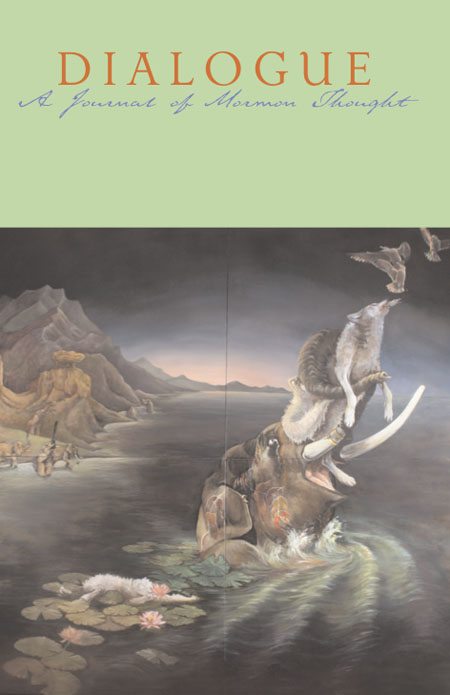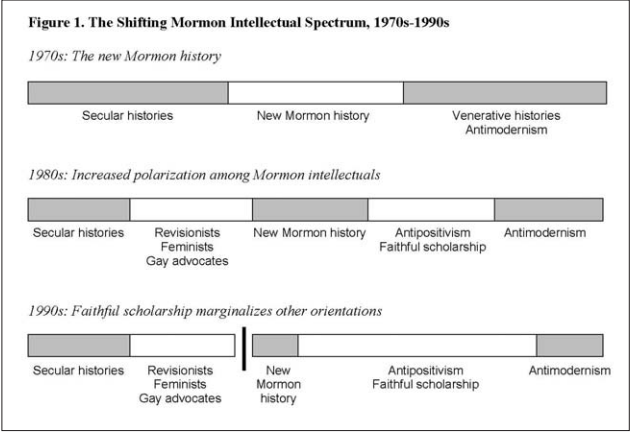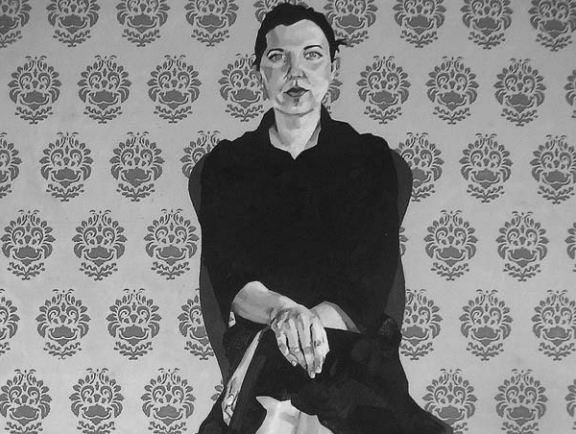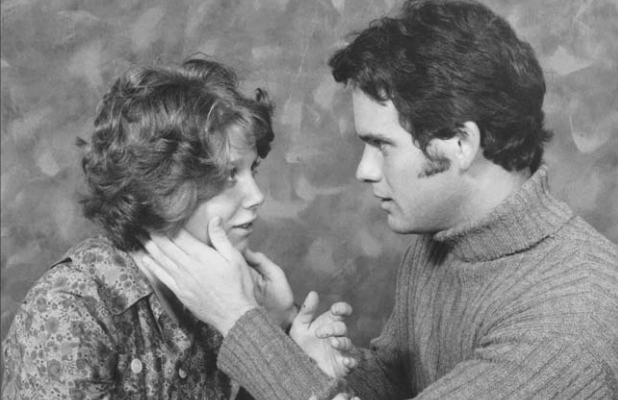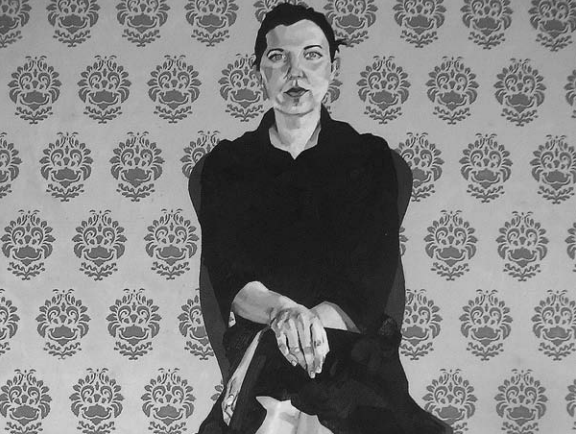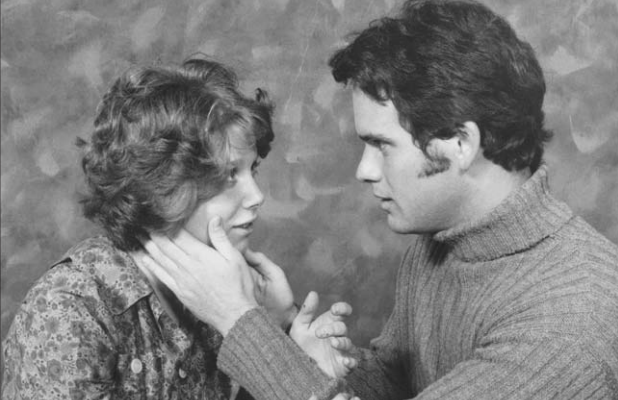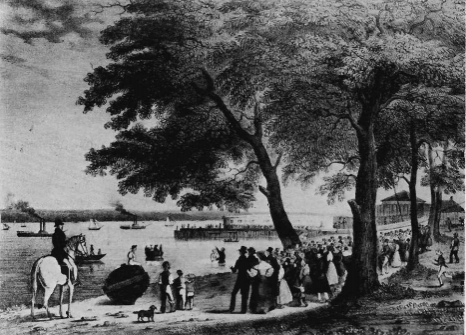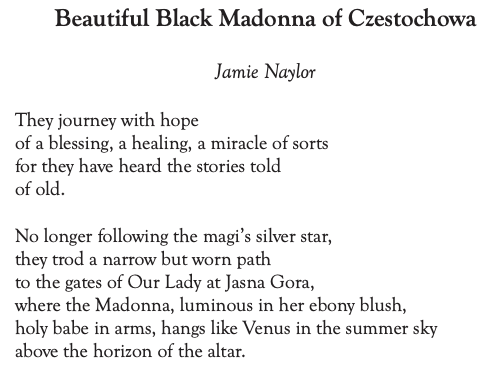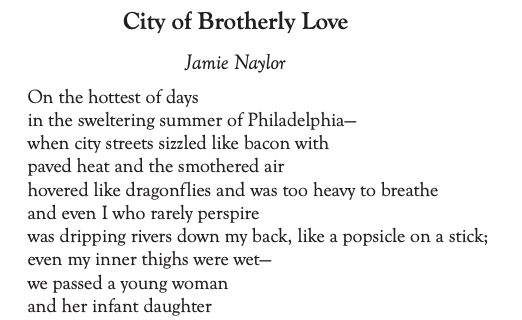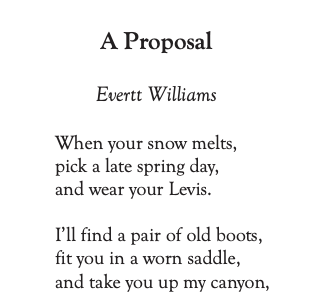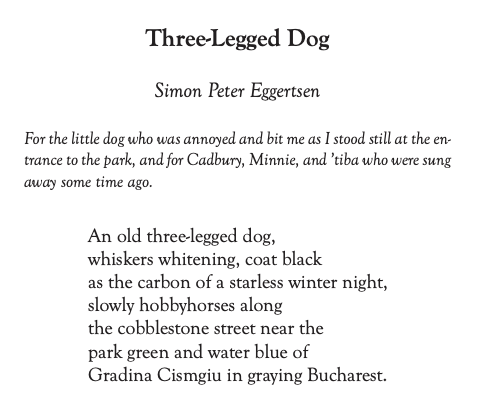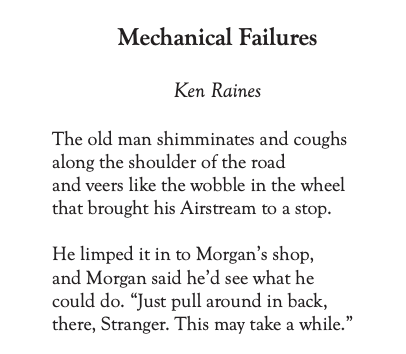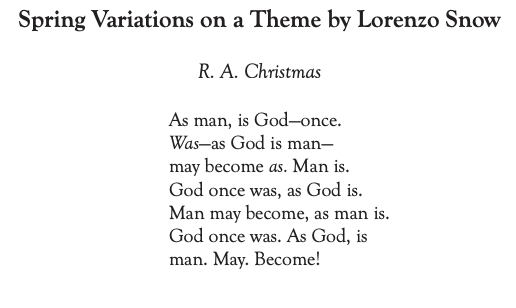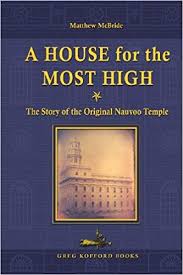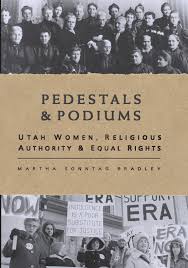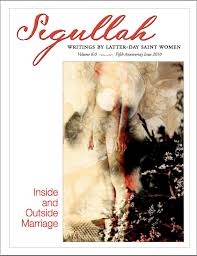Can Deconstruction Save the Day? “Faithful Scholarship” and the Uses of Postmodernism
John-Charles DuffyWriting in the mid-1990s, Mormon-watcher Massimo Introvigne made a counterintuitive observation about debates over Book of Mormon historicity among Mormon intellectuals, as compared to analogous debates between Protestant fundamentalists and liberals. Fundamentalists, despite their reputation for being anti-scientific, were “deeply committed to Enlightenment concepts of ‘objective knowledge,’ and ‘truth,’” confident that an impartial view of the data would confirm the historical authenticity of the Bible. Protestant liberals, in contrast, deployed a “post-modern, anti-Enlightenment epistemology” to undermine absolutist readings of the Bible. The opposite dynamic, however, prevailed in the Book of Mormon debates. Liberals publishing with Signature Books—such as Edward Ashment and David P. Wright—were “staunch defenders of the Enlightenment,” with its ideals of disinterested reason and the unfettered search for truth, while conservatives publishing with the Foundation for Ancient Research and Mormon Studies (FARMS) held “the late modernist and post-mod ernist position that knowledge is by no means objective, and that ‘true,’ universally valid, historical conclusions could never be reached.”
Read more





